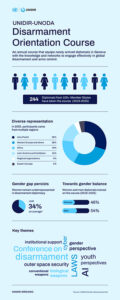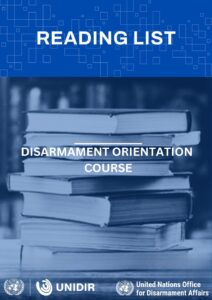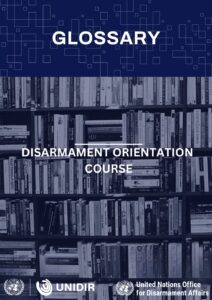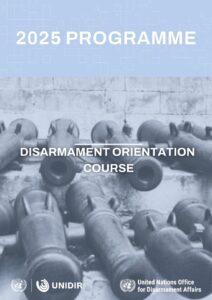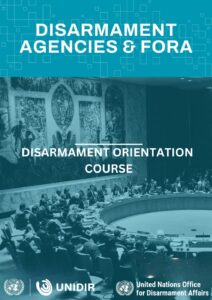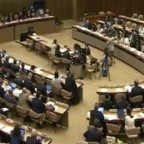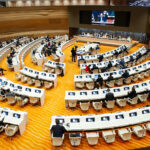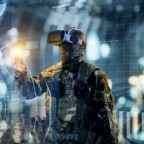The Disarmament Orientation Course provides knowledge and deeper understanding of key concepts of disarmament and arms control as well as the 21st century global security landscape.
To support the Geneva diplomatic community in its disarmament and arms control efforts in an increasingly complex security environment, the annual Disarmament Orientation Course introduces newly arrived diplomats to the Geneva disarmament fora and the topics at stake. The course is jointly offered by the United Nations Institute for Disarmament Research (UNIDIR) and the Geneva Branch of the United Nations Office for Disarmament Affairs (UNODA).
The course aims to promote an enhanced understanding of relevant disarmament and arms control concepts, issues and mechanisms; to increase levels of participation in Geneva-based processes and discussions; and to foster relationships of trust within the Geneva-based disarmament community.
